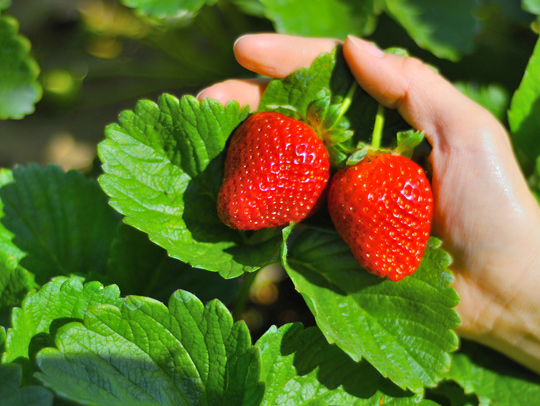Florida Strawberries Support the Latest University of Florida Studies on USMCA
June 26, 2019 | 1 min to read

DOVER, Fla. – The significance of the latest studies from the University of Florida/IFAS cannot be understated as they confirm what Florida growers have been saying for years about the negative impacts of subsidized fruit and vegetable imports from Mexico during our winter production window.
The first study, “Government Support in Mexican Agriculture” (Wu, Calle et. al.) published in 2018 by the Agriculture & Applied Economic Association, exposes the calculated and methodical subsidies used by the Mexican government to dismantle Florida’s seasonal produce industry.
The second study, “Potential Economic Impacts in Florida of Increased Imports of Mexican Fruits and Vegetables” (Hodges, Court et. al.), issued on June 4, 2019, by the University of Florida, concluded, “The results of this analysis suggest that further increases in U.S. imports of fresh fruits and vegetables from Mexico will negatively impact tomato, strawberry, and bell pepper growers, which will result in broader economic impacts across the state.” The report further stated in conclusion that many other crops such as blueberries and cucumbers face similar challenges.
USMCA failed to successfully include durable and effective trade relief solutions for “seasonal and perishable” fruits and vegetables. The compelling grower reports and research analysis all suggest that a remedy must be made available, or many more farms will cease to exist.
“Defending Domestic Produce Production Act” (S.B. 16/H.R. 101) is the mechanism that will provide access to trade remedy procedures for “seasonal and perishable” fruit and vegetable growers. Every American grower should have the right to bring a case against unfairly traded imports that cause legitimate injury to our domestic producers. We are humbled by and grateful for the incredible bipartisan support by ev
